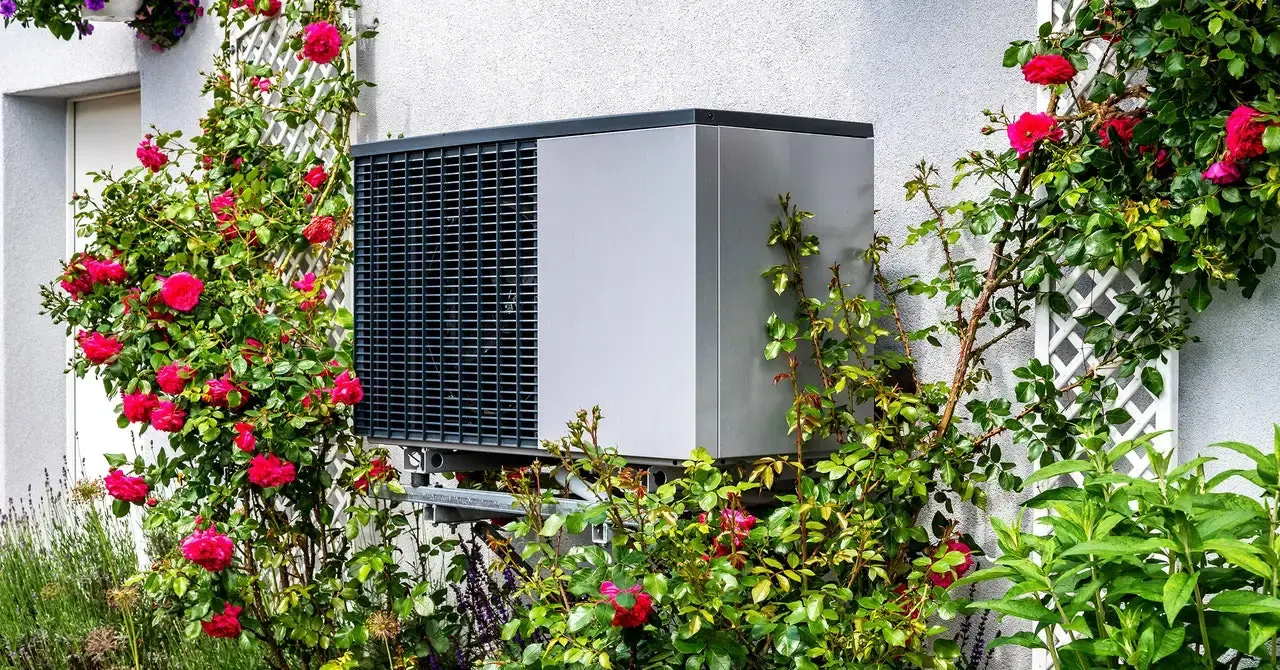- cross-posted to:
- technology@lemmy.world
- cross-posted to:
- technology@lemmy.world
Nine states have signed a memorandum of understanding that says that heat pumps should make up at least 65 percent of residential heating, air conditioning, and water-heating shipments by 2030. (“Shipments” here means systems manufactured, a proxy for how many are actually sold.) By 2040, these states—California, Colorado, Maine, Maryland, Massachusetts, New Jersey, New York, Oregon, and Rhode Island—are aiming for 90 percent of those shipments to be heat pumps.
Then they need to make energy credits and rebates available to more than just the lowest-income residents. Right now in California many homeowners are ineligible for these programs due to the income that enables them to own in the first place.
Would be cool if they’d hook a girl up with a house to put it in. The math on rent and income is a bit, uh…
California, Colorado, Maine, Maryland, Massachusetts, New Jersey, New York, Oregon, and Rhode Island
Saved you a click.
I don’t know much about US political geography but I’d venture a guess these are all run by the Democrats.
Yes, they all have progressive backgrounds. Unfortunately not a lot of swing states or regressive states are going to be able to pass bills like this soon - if at all.
I’m a little surprised Washington isn’t included when Oregon is.
Both Washington and Oregon (my home state) tend to work along the same lines with large progressive interests, but rarely at the same pace. Sometimes we’ll get our version of a given policy bill passed before they do, or vice versa.
Seattle and many of the surrounding cities and counties have set aside money for rebates (I think most of them go through installers or utilities?) so it’s not like they have nothing. But yeah, would love to see more statewide incentives!



